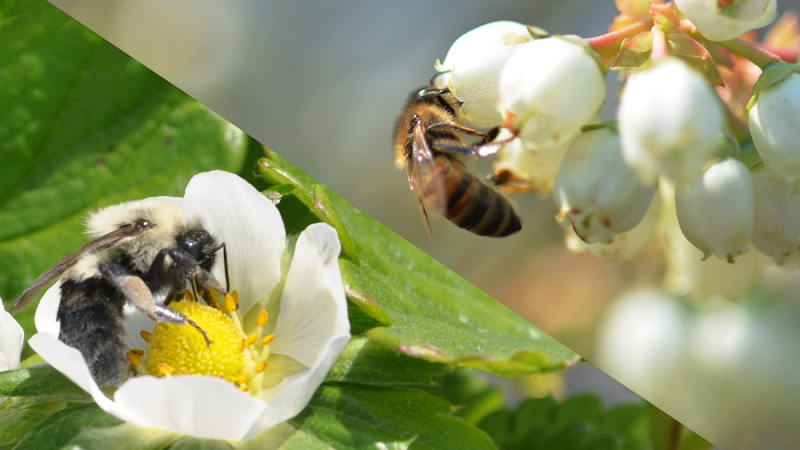2 Ways Growers Can Adapt In An Improving Economy
The agricultural industry is counter-cyclical. When implement prices were constrained due to the economic slowdown, the farming sector did very well. Now as the economy heats back up, the big challenge for the ag industry will be how to maintain the profitability it has enjoyed the last six years.
A good example of the phenomena affecting agriculture is the challenge to maintain profitability as farm prices may subside and production costs increase. For example, citrus growers have enjoyed good prices, but production costs have skyrocketed with increased greening sprays. In addition, tree loss is taking its toll, so we see growers moving to other crops like strawberries, blueberries, sugarcane, vegetables, etc. Farmers will need to look to increase efficiencies and plant higher-value crops.
In order to maintain profitability, our farming clients are seeking to maximize their profits by one or both of the following means:
 1. Realizing Value From Under-Performing Assets
1. Realizing Value From Under-Performing Assets
Over the past several years, farmers have developed innovative and creative methods to realize value from their property and to seek more reliable income streams to counteract the impact of the variable fluctuations in farm returns. For example, over the past decade, many farmers have taken advantage of the state and federally funded conservation easement programs as a way to diversify their investments. In essence, the farmer encumbers his less productive property with a conservation easement that, if done properly, operates to conserve the environmental benefits of the property in perpetuity while preserving the existing uses of the property and the farmer’s right to farm his more productive land. Growers then reinvest the funds derived from selling the conservation easement into other income-producing real estate ventures through 1031 Like-Kind Exchange transactions, producing significant capital gains tax savings. Growers have seen considerable success in terms of increased sustainable revenue generated from diversifying their investment and business model in this manner.
2. New Revenue Streams
An exciting new area involves identifying new and unique opportunities to realize value from their property by providing water storage and related environmental services that are of public benefit. Various new programs that provide payment for environmental services and disbursed water storage are gaining favor across the Sunshine State as a mechanism or means for the public sector to compensate the private sector for storing water and providing habitat in a natural manner on private land. Two concepts that seem to be merging to provide a catalyst for this effort are: 1) The public derives a benefit when private landowners preserve, conserve, and manage their properties in a manner that protects natural resources and provides habitat for endangered and threatened plants and animals. 2) Private landowners can perform these services more cost effectively with long-term benefits as proven by their past stewardship of the land than the public might be able to achieve in certain circumstances with the limited resources currently available to public bodies.
Some of these programs are intended to be short-term, temporary Band-Aids on issues, while others will have much longer term, generational impact. Growers should explore potential opportunities, which may fit best with their long-term plans and objectives. For large landowners, this often involves developing a mosaic of different opportunities that fit together like a jigsaw puzzle upon their land holdings to yield the best return and to ensure perpetuating the ownership and control of this property for generations to come.
As Florida’s economy depends to a great degree upon its specialty crop producers, it is critical these producers have strong financial management skills to proactively manage these risks to remain competitive and viable. Those interested in developing those skills or tapping into our firm’s expertise, don’t hesitate contacting us.
Learn And Earn
To view Michael D. Minton’s presentation titled “Changes in Latitudes; Changes in Attitudes: Florida Agriculture is Part of the Solution” from the 27th Annual Environmental Permitting Summer School Conference, click here.









